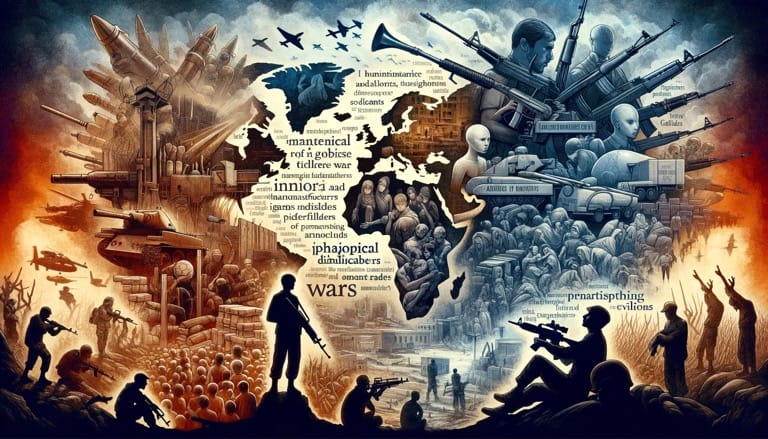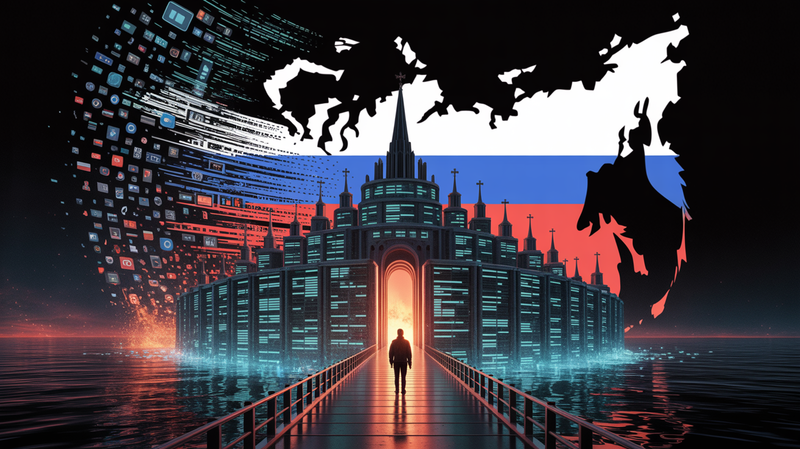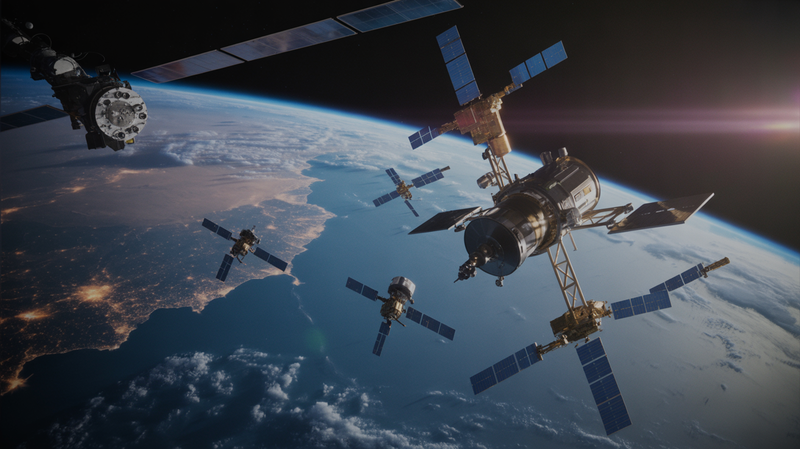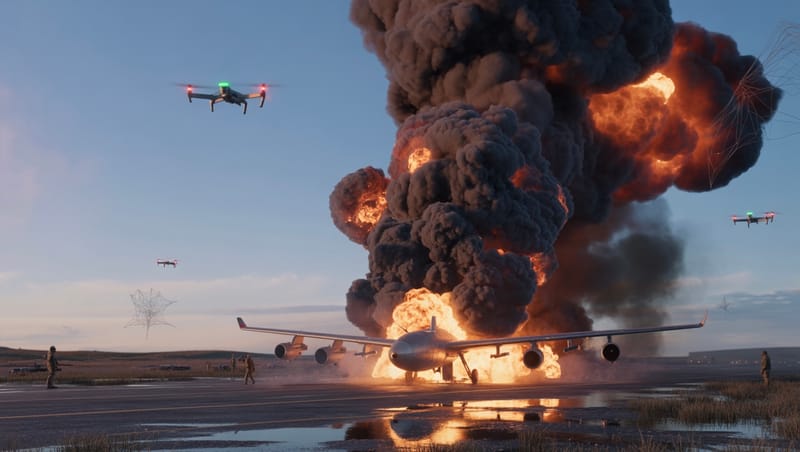Echoes of Conflict: Unraveling the Paradoxes of Modern Warfare
A Philosophical Perspective on Global Conflicts and Double Standards In an era marked by escalating conflicts and military aggression, the world has witnessed a troubling pattern of double standards in international relations. The recent surge in Russian attacks on Ukraine, with a reported 158 missiles and drones, has brought global

A Philosophical Perspective on Global Conflicts and Double Standards
In an era marked by escalating conflicts and military aggression, the world has witnessed a troubling pattern of double standards in international relations. The recent surge in Russian attacks on Ukraine, with a reported 158 missiles and drones, has brought global attention and condemnation. Yet, this outcry contrasts sharply with the relative silence on parallel situations, such as the ongoing bombardment in the Gaza Strip by Israel.
This philosophical conundrum raises profound questions about the inconsistencies in the global response to aggression. While Russia's actions in Ukraine have been widely criticized, similar tactics employed by Israel in Gaza often escape similar scrutiny. This disparity in response reflects a broader issue of selective outrage and partiality in the international community's approach to conflict.
The situation begs for a more equitable perspective, where all forms of aggression, regardless of the perpetrator, are subject to equal condemnation and action. The current paradigm, where one aggressor is armed and supported while another is denounced, undermines the principles of fairness and justice in international affairs.
As the world grapples with these complex and multifaceted conflicts, it becomes increasingly clear that a uniform standard must be applied to all forms of military aggression. Only by adopting a balanced and unbiased stance can the international community hope to foster peace and stability in a world fraught with conflict and strife. This philosophical approach advocates for a world where actions are judged not by who commits them but by their inherent nature and impact on humanity.
The Untold Story: War's Beneficiaries and the Unspoken Truth
Continuing our philosophical exploration, the conflict in Ukraine illustrates a fundamental yet often overlooked aspect of modern warfare – the dependence on ammunition and arms. As the fighting intensifies, a stark reality emerges: when the munitions run out, the battle either ceases or external powers intervene to replenish the arsenal. This cycle highlights a critical point – the actual benefactors of war are often those in the shadows, the arms manufacturers.
Wars, in their brutal simplicity, end when there's nothing left to fire. Yet, this elementary truth raises profound questions about the motivations behind prolonged conflicts. Who truly gains from these wars? The answer, uncomfortable yet glaringly evident, lies in the lucrative arms industry. Despite widespread calls for peace, there's a conspicuous silence on the role of arms manufacturers – the entities that fuel these conflicts.
This discussion isn't just an analysis of war's mechanics; it's a call to scrutinize the unspoken and untouched – the armament factories and financiers. These entities, often veiled in secrecy and political protection, operate with impunity, profiting from the chaos and devastation of war. In a world striving for peace, this hypocrisy stands as a barrier, a taboo topic that demands attention and action.
The philosophy here isn't about assigning blame but understanding the complex dynamics of war and peace. It's about acknowledging that if we genuinely aspire to end conflicts, we must confront the uncomfortable truths about those who profit from them and question our collective silence on these benefactors of war.
The Arms Trade: Unveiling the Giants Behind Global Conflicts
The concluding part of our philosophical exploration delves into the often-overlooked enablers of global conflicts: the arms manufacturers. With the world spending a staggering $1.69 trillion on military expenditures annually, around $375 billion is directed towards arms purchases. This immense financial flow fuels an industry that is integral to the perpetuation of conflicts like the one in Ukraine.
- The Dominant Players: The top arms companies, predominantly based in the United States, wield immense influence in the global arms trade. Seven out of the top ten arms manufacturers are American, including Lockheed Martin, Boeing, and Raytheon. These companies collectively account for a significant portion of global arms sales, with Lockheed Martin leading at $40.8 billion in sales.
- European Contributors: Not far behind, European companies like Airbus Group, BAE Systems (UK), and Leonardo (Italy) also feature in the top ten. Their participation highlights a wider geographical spread in the arms trade, though the United States remains the dominant player.
- A Global Impact: The influence of these companies extends far beyond their national borders. They supply a wide range of weapons – from guns and tanks to jets and missiles – catering to various international demands. Their role in conflicts worldwide raises critical questions about responsibility and the ethics of profit from warfare.
- The Unspoken Reality: While global attention often centers on the immediate actors in conflicts, the role of these arms manufacturers remains largely unaddressed. Their significant contributions to the industry are crucial to understanding the persistence of conflicts and the complexities of achieving lasting peace.
In sum, the arms trade, dominated by a few key players, represents a crucial yet often unexamined dimension of global conflicts. As we reflect on the nature of warfare and the pursuit of peace, it becomes clear that addressing the influence of these arms giants is vital for a deeper understanding and resolution of these conflicts.




